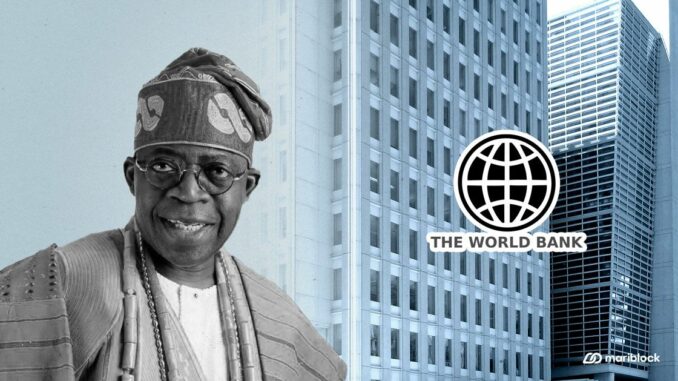
The World Bank has granted Nigeria a $2.25 billion loan to bolster revenue and support economic reforms that have inadvertently contributed to the country’s worst cost-of-living crisis. The majority of the loan, $1.5 billion, will be allocated to protect millions of Nigerians who have faced increasing poverty since President Bola Tinubu took office a year ago and implemented drastic measures to address the country’s struggling economy. The remaining $750 million will be used to support tax reforms, safeguard oil revenues, and address the issue of chronic theft that has limited oil production.
President Tinubu’s economic reforms, which include ending costly fuel subsidies and unifying multiple exchange rates, have led to surging inflation, currently at a 28-year high. Faced with growing pressure from citizens and workers protesting the hardship, the government sought a loan in May to support its long-term economic plans. Nigeria is also taking steps to boost foreign investment inflows, which fell by 26.7% from $5.3 billion in 2022 to $3.9 billion in 2023, according to the Nigerian Economic Summit Group think tank.
Nigeria already has a high debt burden, limiting the government’s ability to spend its earnings on public infrastructure and social welfare programs. Despite this, the World Bank emphasizes the importance of sustaining the reform momentum under Tinubu, stating that the government’s economic policies have placed the country on a path towards stabilizing its economy and lifting its people out of poverty.
